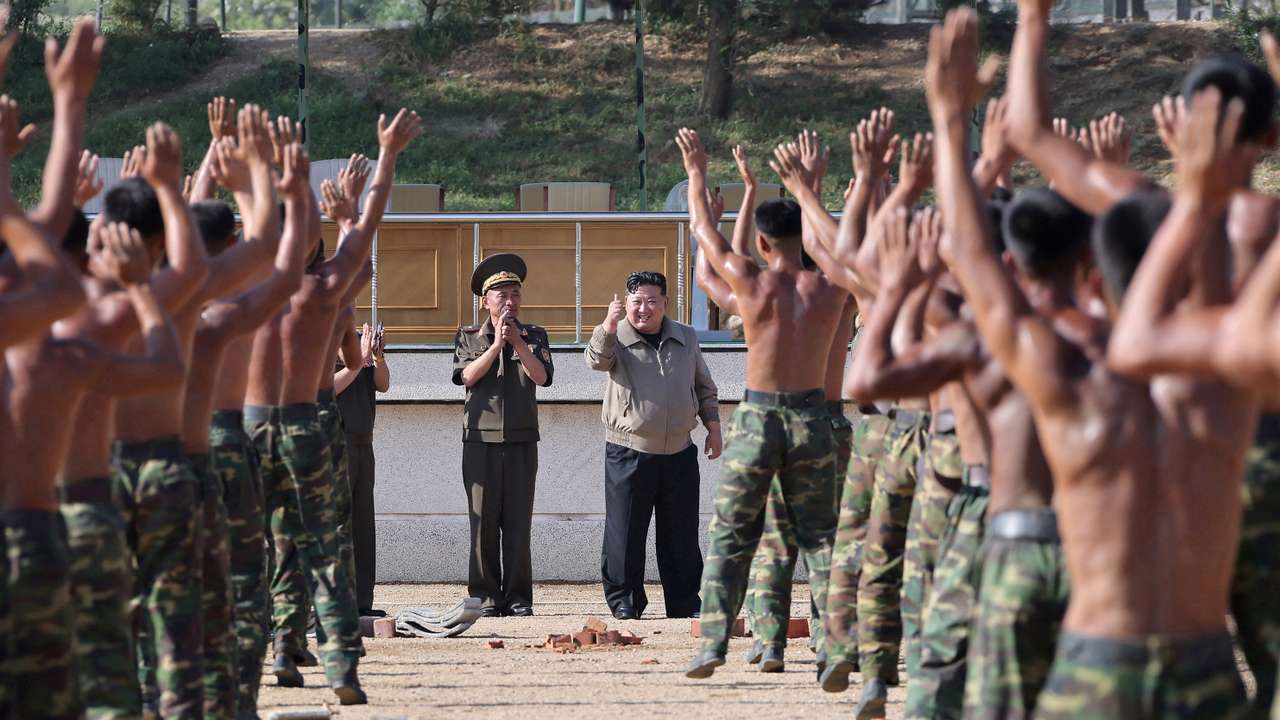Why are North Korean soldiers fighting in Russia? An inside look at a controversial alliance

North Korean troops allegedly deployed to Russia’s Kursk region have reportedly engaged Ukrainian forces on the battlefield, according to recent claims from Ukrainian President Volodymyr Zelensky.
Zelensky said on Thursday, November 7 that the clashes have resulted in fatalities, with approximately 11,000 North Korean soldiers now present in the region.
He highlighted that Ukraine’s three-month military incursion into Russian territory has stalled in this area, potentially due in part to North Korea’s reinforcement of Russian ranks.
The troops are believed to be embedded within Russian units, disguised as members of the Buryat ethnic group from the Russian Federation. The presence of North Korean soldiers on the frontlines has raised global concerns about the implications of Pyongyang’s military cooperation with Moscow.
NATO officials stated on Friday, November 8, that the recent deployment of North Korean troops constitutes a "dangerous expansion" of the country's support for Russia's military operations in Ukraine.
But why are North Korean soldiers fighting for Russia? Analysts suggest that the North Korean regime sees the deployment as a chance to gain valuable combat experience and technical training for its military, one of the largest in the world, which boasts 1.2 million soldiers but lacks significant combat exposure.
Experts note that this arrangement could also offer North Korea an opportunity to test its military equipment in real-world conditions and gather intelligence on its performance. The development has not gone unnoticed by South Korea, a major arms supplier to Ukraine.
Last month, CNN reported that South Korea hinted it might reconsider the level of military support it provides to Ukraine if the North Korean presence in Russia continues.
The tension between the Koreas remains high, with South Korea and North Korea still technically at war and separated by one of the world’s most heavily militarized borders. South Korean Foreign Minister Cho Tae-yul, along with EU foreign policy chief Josep Borrell, issued a joint statement in Seoul condemning the deployment of North Korean soldiers “in the strongest possible terms.” The statement highlighted worries that Russia might supply North Korea with materials and technology that could further Pyongyang’s military ambitions.
In a separate joint statement on November 6, the Foreign Ministers of Australia, Canada, France, Germany, Italy, Japan, South Korea, New Zealand, the United Kingdom, the United States, and the EU’s High Representative expressed strong condemnation of North Korea’s alleged deployment. The statement affirmed their “unwavering commitment to support Ukraine as it defends its freedom” and voiced concerns over the potential transfer of nuclear or missile-related technology from Russia to North Korea, which would violate United Nations Security Council Resolutions (UNSCRs).
“We condemn in the strongest possible terms the increasing military cooperation between the DPRK and Russia… We are also deeply concerned about the potential for any transfer of nuclear or ballistic missile-related technology from Russia to the DPRK in violation of the relevant UNSCRs. We urge the DPRK to stop assisting in Russia’s war of aggression,” the statement read.
In conclusion, the joint statement underscored the commitment of the allied nations to work closely with international partners to formulate a coordinated response to the latest development.